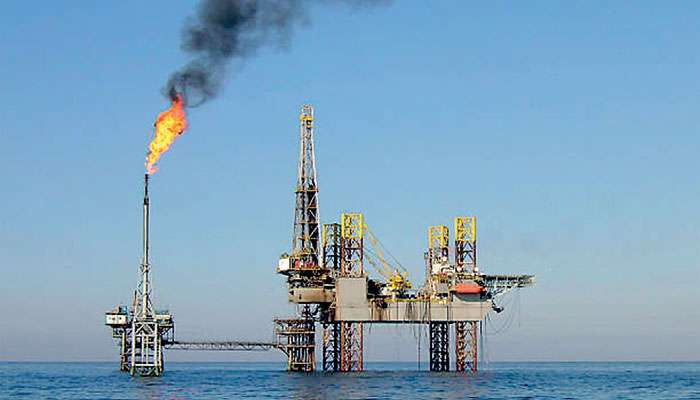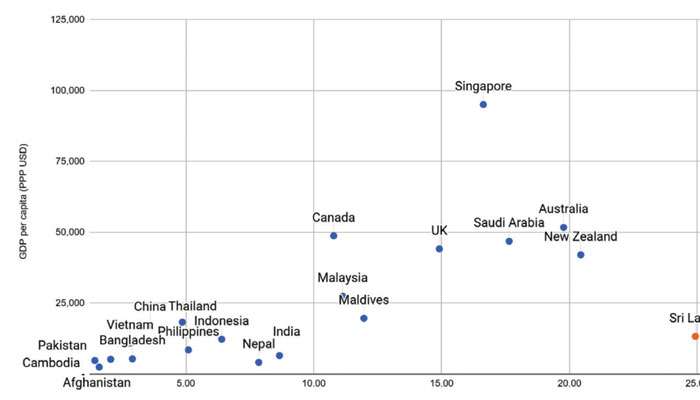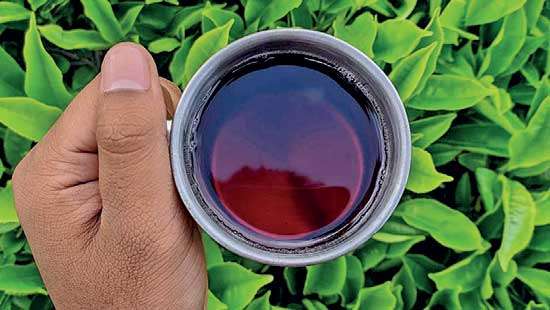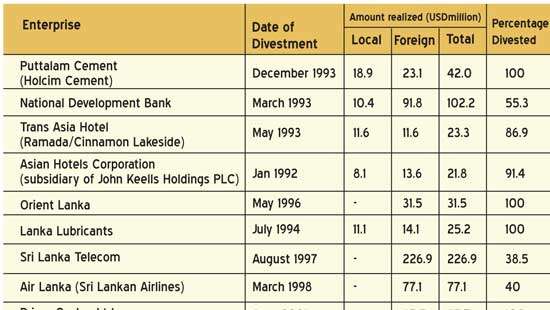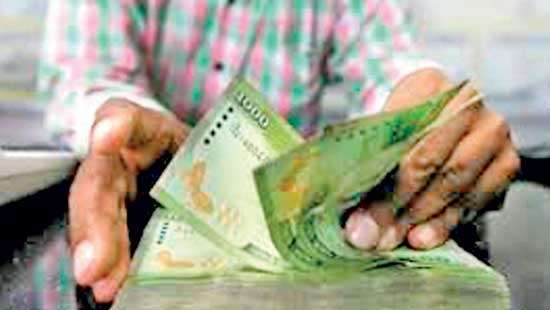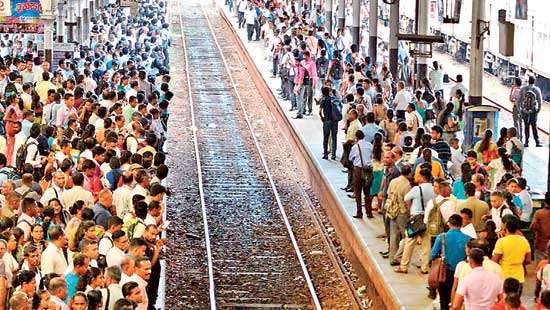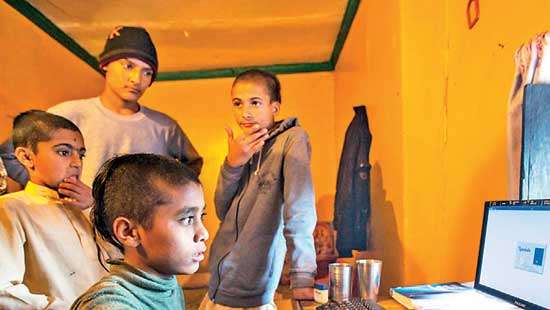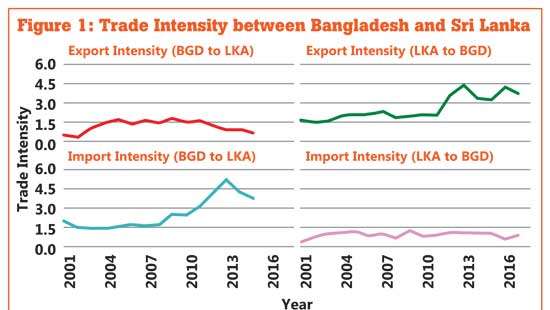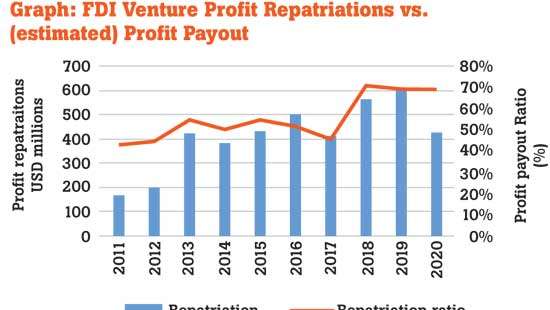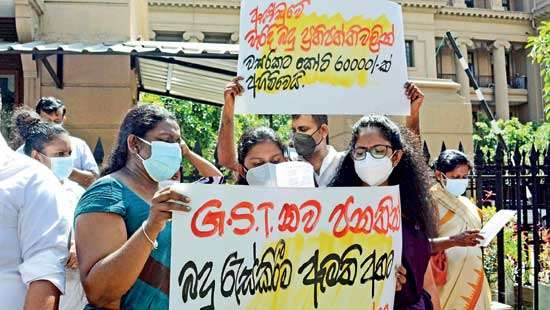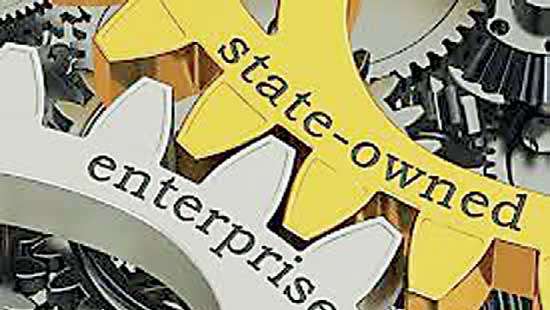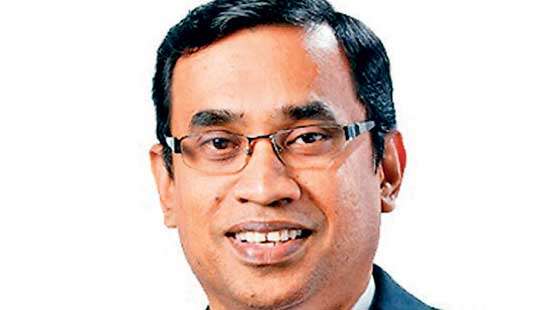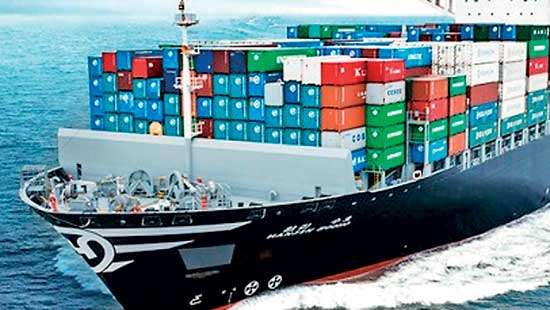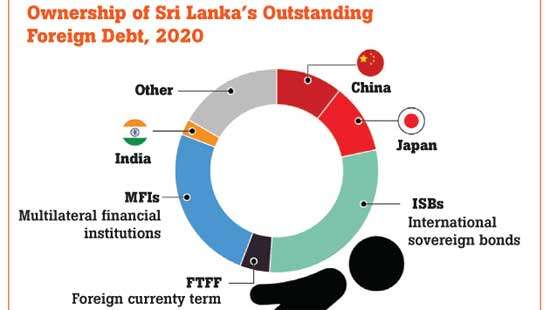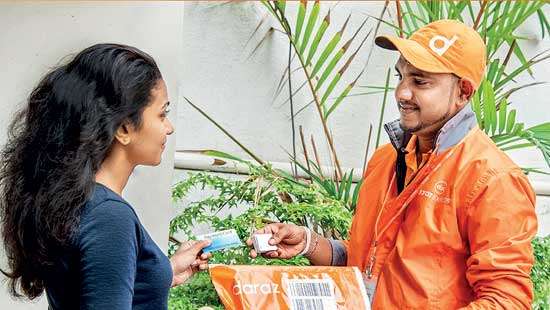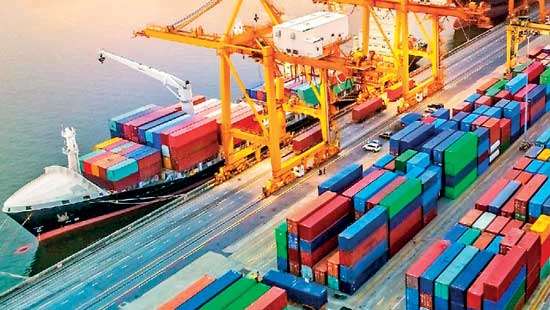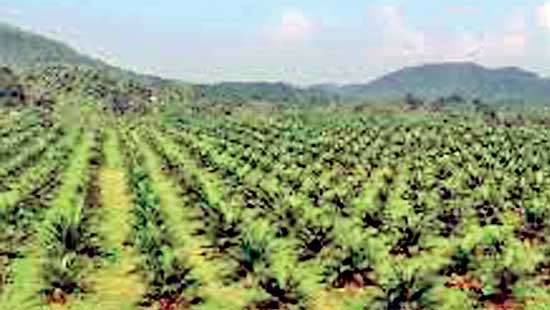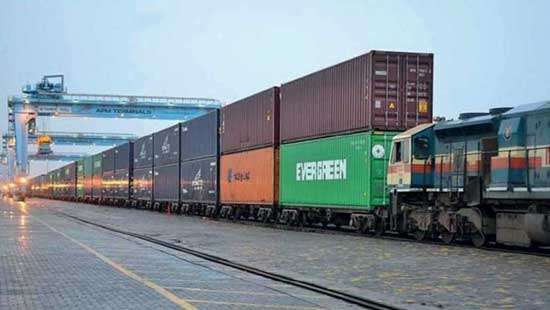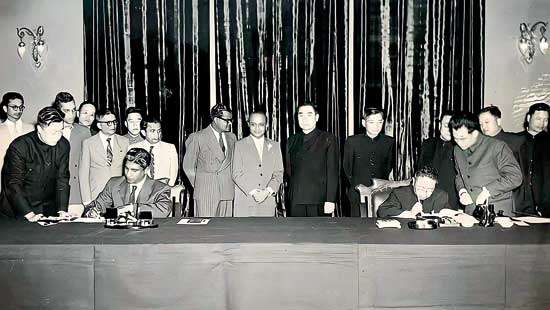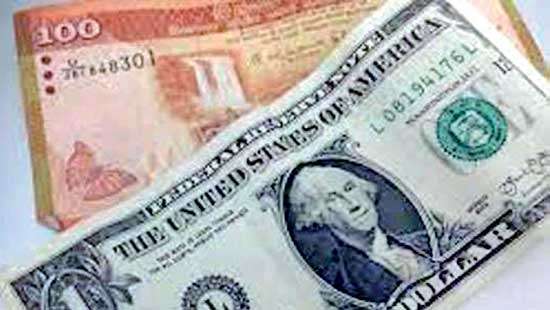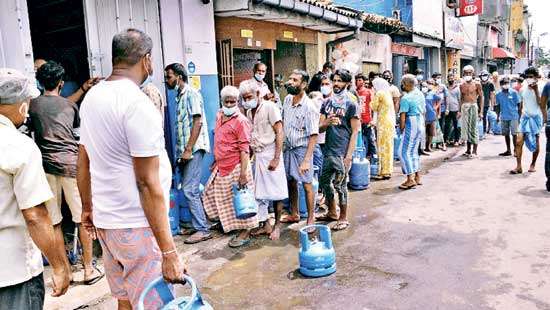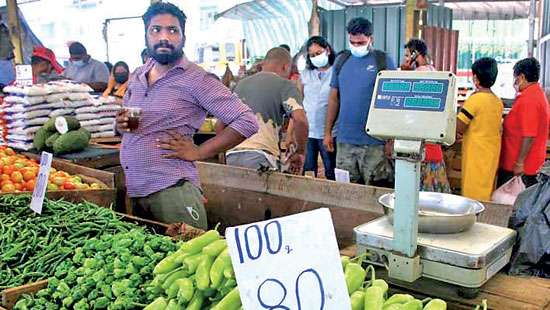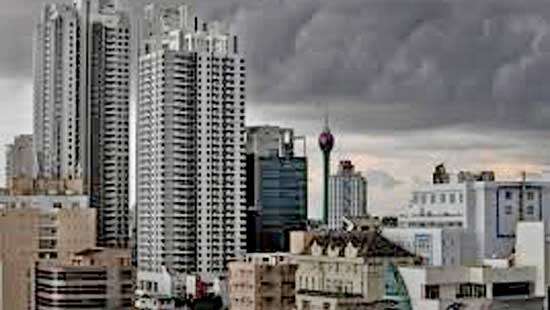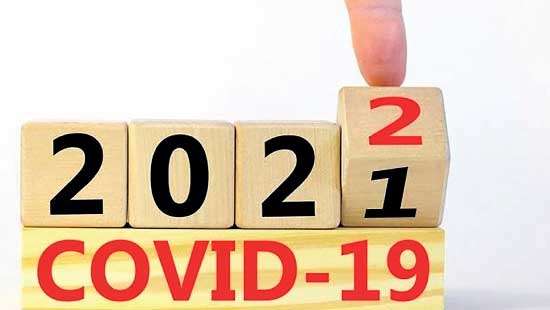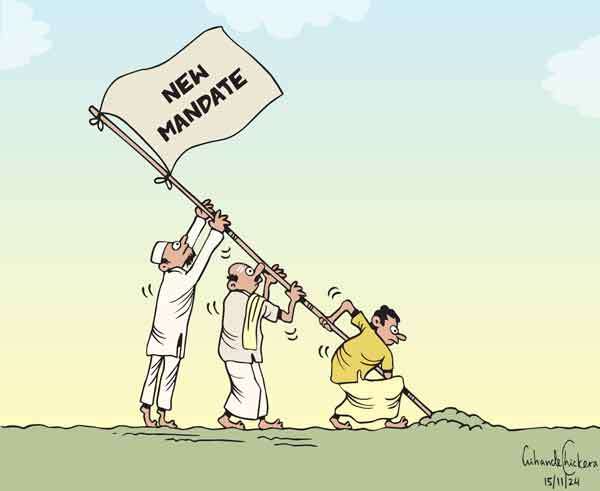Features
Understanding the dynamics of Sri Lanka’s illicit tobacco market
01 Mar 2022
 0
0
Progressing on previous work on tax revenue leakage and illicit markets, the Research Intelligence Unit (RIU) launched its latest report on the economics of tobacco taxation providing a macro-level overview of the tobacco industry in Sri Lanka, including the illicit market.
Turning over a new leaf: How tech is transforming Sri Lanka’s tea industry
25 Feb 2022
 0
0
Tea is a drink with endless variations – whether you like it with a serving of scones or spiced, like Indian Chai or infused with mint like Moroccan tea or even Japanese Matcha. It’s the most popular drink in the world after water, with a staggering 3.7 billion cups consumed globally every day.
Rupee dilemma: To depreciate or not to depreciate
15 Feb 2022
 0
0
The intention of the government was to reduce imports and encourage exports. The policy document ‘Vistas of prosperity and splendour’ page 36 refers to reducing the trade deficit and going for import substitution and encouraging exports.
Building higher education as an industry: A rejoinder to Dhammika Perera
14 Feb 2022
 1
1
The motivation that made me pen this was a proposal made by Dhammika Perera through the sister paper Lankadeepa. Proposals to improve the higher education quality are ordinary but rarely one suggests the development of the higher education industry. Hence, this response.
SLR railed with strikes and losses: Time to reform?
27 Jan 2022
 0
0
On January 13, 2022, the Station Masters Union launched a 24-hour token strike cancelling over 200 scheduled trips. As a result, the commuters heading back home from Colombo, long-distance travellers, tourists (both local and foreign) were all inconvenienced and left stranded in stations partway through their journey. Angry commuters attacked the train bound to Batticaloa, when it passed the Kekirawa station. This public outrage at the services
A digital agenda for green, resilient, inclusive development in Maldives, SL and Nepal
27 Jan 2022
 0
0
Countries worldwide are navigating their way out of the ongoing COVID-19 crisis, while facing the adverse effects of climate change. The world needs innovative approaches to build back better, mitigate and adapt to the biggest development challenges of our time. Mindful of this need, the World Bank Group has been engaging with the governments of the Maldives, Nepal and Sri Lanka to help increase access to and use of digital technologies and pave
Building strategic resilience to survive beyond new normal
27 Jan 2022
 0
0
As we near the two-year mark of the ravenous coronavirus pandemic, it is positive to see that many businesses worldwide have stepped up to the challenge, adjusting their businesses both to safeguard their employees and to continue serving their customers. Even locally, many organisations believe that they have responded efficiently to the pandemic.
Special Goods and Services Tax: Issues and concerns
24 Jan 2022
 0
0
The new bill titled Special Goods and Services Tax (SGST) was published by a gazette dated January 7, 2022. The SGST was originally proposed in Budget Speech 2021 but was not implemented. Once again, it has been presented in Budget 2022.
National Single Window: Paving the way for paperless trade
19 Jan 2022
 0
0
In 2016, Sri Lanka ratified its Trade Facilitation Agreement (TFA) with the World Trade Organisation (WTO) and in 2017 a secretariat was established for the National Trade Facilitation Committee to drive the much-needed trade reforms in the country.
CSE sheds light on proposed revision of ASPI calculation methodology
18 Jan 2022
 0
0
The Colombo Stock Exchange (CSE) is planning to revise the calculation methodology of All Share Price Index (ASPI) by changing the constituent weighting method from full Market Capitalization to free float-adjusted Market Capitalization.
Sri Lanka’s sovereign foreign debt: To restructure or not?
14 Jan 2022
 0
0
Sovereign debt restructuring can be pre-emptive or post-default. A default is inherently costly, as it can result in a sustained loss of access to capital markets. That leaves pre-emptive restructuring when a country deems itself unable to service outstanding debt.
Daraz charting a course for success in 2022
13 Jan 2022
 0
0
As Covid-19 turned off the supply of customers for many Sri Lankan businesses, merchants turned to the internet and the opportunities of e-commerce. Since the pandemic began in early 2020, the number of merchants moving their existing businesses online, or starting new ones, has exploded, according to Sri Lanka’s largest e-commerce platform, Daraz.
At 73, the road not yet taken, will it be end of the road for Sri Lanka?
07 Jan 2022
 0
0
Sri Lanka is approaching its 73rd year, post independence from its colonial masters – the British Empire. It is unfortunately still struggling to make use of the one advantage, a non-depletable natural resource: geographical location. The location provides a natural focal point for shipping and airline operations, generally known as a logistics hub.
State of economy of a state
05 Jan 2022
 0
0
Every economy in the world, may it be developed or developing, is a topic for discussion today. Some economies are being discussed for their achievements, sound management, good governance, high growth, overcoming crisis and other positivity. Other economies are being discussed for opposite reasons. Sri Lankan economy drifted gradually from the former category to the latter while its peers moved in the other direction.
Tangled diplomacy of Sri Lanka’s currency crisis
03 Jan 2022
 0
0
Sri Lanka ends 2021 with foreign currency reserves in hand worth US$ 1.6 billion to support a month of imports. For much of the year, a shortage of dollars saw uncleared essential imports piling up at the Colombo port as domestic prices soared.
Nightmare scenario: A default on sovereign debt
30 Dec 2021
 0
0
On December 17, 2021, Fitch downgraded Sri Lanka’s rating to ‘CC’, the lowest rating prior to default. With external reserves at around US $ 1.6 billion and almost US $ 1 billion in debt-service payments coming due in January 2022 (and US $ 7 billion during the coming year),
What could happen in 2022?
29 Dec 2021
 0
0
“It was the best of times, it was the worst of times, it was the age of wisdom, it was the age of foolishness, it was the epoch of belief, it was the epoch of incredulity, it was the season of light, it was the season of darkness, it was the spring of hope, it was the winter of despair.”
Sri Lanka has no choice but to restructure external debt
27 Dec 2021
 0
0
Has the time come to consider seriously the merits of restructuring the government’s external debt obligations? The Sri Lankan authorities have indicated that they are in the process of negotiating inflows to meet the country’s immediate foreign exchange requirements.

Fonterra to proceed with sale process for Consumer businesses
27 Dec 2021
 0
0

BOI signs US$ 12.16mn deal with Celogen Lanka
27 Dec 2021
 0
0

Nissan to lay off thousands of workers as sales drop
27 Dec 2021
 0
0

EU Ambassador meets new BOI Chief to discuss economic ties
27 Dec 2021
 0
0

SLCERT warns WhatsApp users against sharing OTPs to prevent hacking
27 Dec 2021
 0
0

NPP heading for clear parliamentary majority
27 Dec 2021
 0
0


